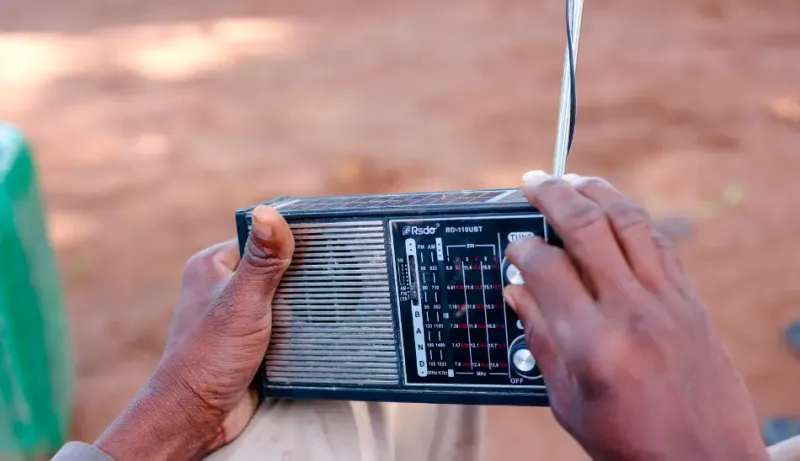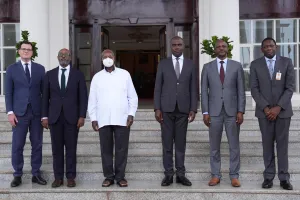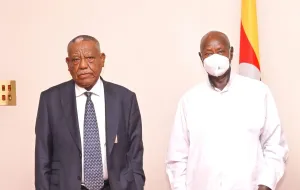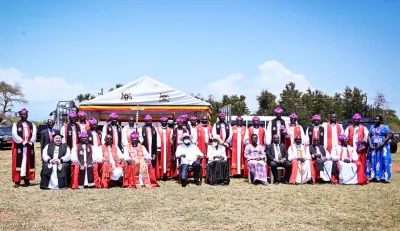
Despite the rapid growth of internet and social media platforms, radio continues to hold its position as Uganda’s most widely used source of news and information across regions and demographic groups. A survey from Twaweza East Africa’s Sauti za Wananchi panel underlines this enduring dominance.
The research shows that radio “leads as citizens’ main source of information, but is declining.” It further observes that “social media use is dominated by young, relatively wealthy and well‑educated residents of urban areas.”
Supporting this, the Uganda Bureau of Statistics (UBOS) census data reveal that while many Ugandan households own radios, ownership of digital‑media devices remains far lower, particularly in rural and lower‑income settings.
Radio’s broad appeal is further reinforced by the fact that it is accessible in local languages, works in areas with limited internet or electricity, and remains part of people’s daily routines. As one lecturer from Makerere University puts it: “Radio provides programming in multiple local languages … allowing people to access news in their mother tongue …”
In a digital‑age communication revolution, these findings confirm that radio isn’t just surviving, it remains the heartbeat of Uganda’s information environment.













Roswell Mbabazi
Leave a Comment
Your email address will not be published.